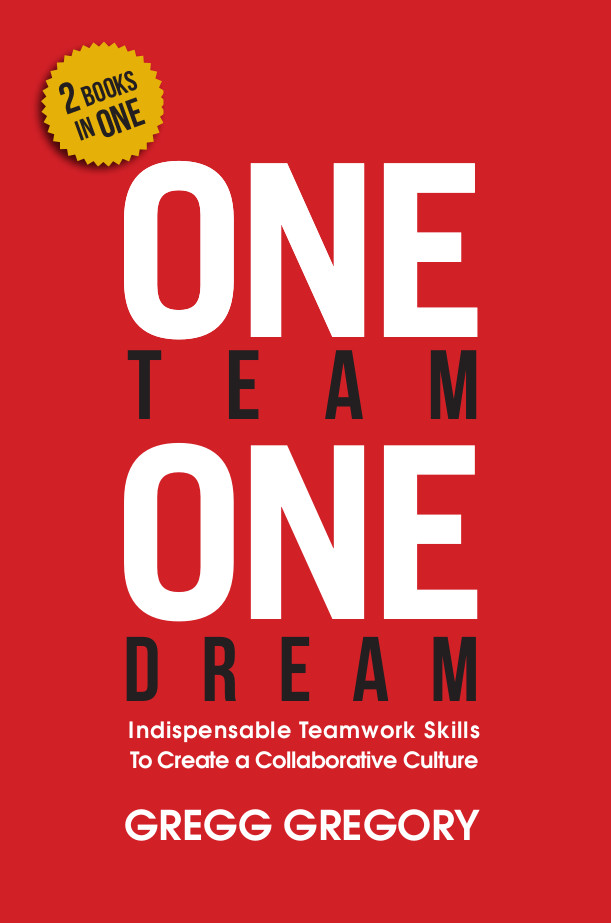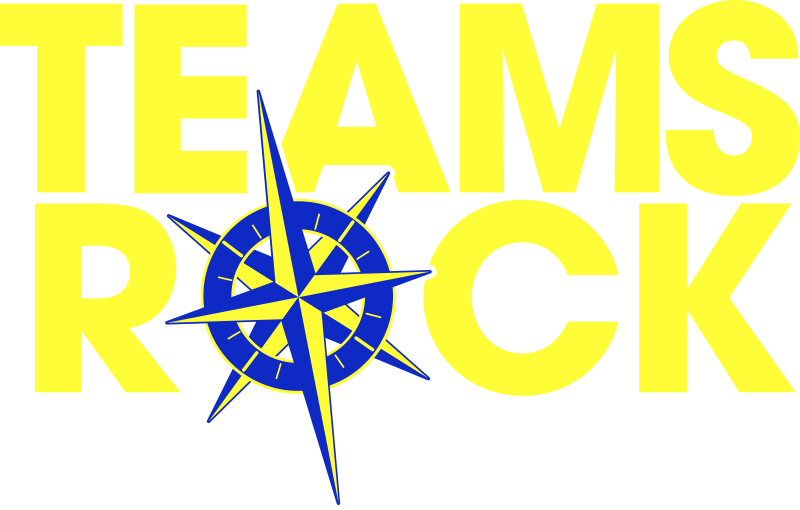Assigning experienced team members to assist and mentor newer, less experienced team members can have life-changing results. I’ve seen it in action many times; mentoring is a team development strategy that team leaders should employ whenever possible.
Do you remember your first day on the job at a brand-new company? Especially when it was your first job within your career field? It was exciting and also nerve-wracking as you tried to remember all of the instructions you were being given – from how to swipe your ID card at the entry to remembering schedules and procedures.
Having a fellow team member walk a new employee through the ins and outs of the team process is a big help. Making that experienced team member a focal point for questions about the best way to complete a task helps the new employee get more comfortable with their role on the team. And having that person introduce the new employee to other members of the team helps that new person integrate smoothly with the team.

Peer mentoring can have great results for a new team member, and it can give the mentor a new sense of purpose and pride in their role. Keep in mind that this method does not work for everyone. You need to choose a motivated team member with a positive attitude to be a mentor.
Here’s how to make a mentorship work, whether it’s for one day or for several weeks:
- Look at mentoring as a partnership between the more experienced employee and the newer employee.
- Consider the personalities and learning styles of mentors and mentees before pairing them up, to reduce the chances of a bad match.
- Set expectations right away for both mentor and new person, making sure they know what the goal of the partnership is, and how they can achieve it.
- Check in periodically with both people to make sure they’re working toward the goal set for them, and to resolve any issues that may arise.
The goal of the mentorship can be a simple one: for example, to introduce the new person to the team and answer any questions they have until they’re comfortable enough to meet others on their own. It can be more complex, too – such as training a new hire to do the job they’re taking on. The scale of the mentorship depends on what you decide is needed to make a new employee’s transition to the team easier.
 Excerpted from One Team, One Dream by Gregg Gregory For more information, get your copy of Gregg’s book, One Team, One Dream today! Available in both print and electronic versions!
Excerpted from One Team, One Dream by Gregg Gregory For more information, get your copy of Gregg’s book, One Team, One Dream today! Available in both print and electronic versions!
Bring Gregg to you!
Featured team development seminar – Synchronize Your Team


Leave A Comment